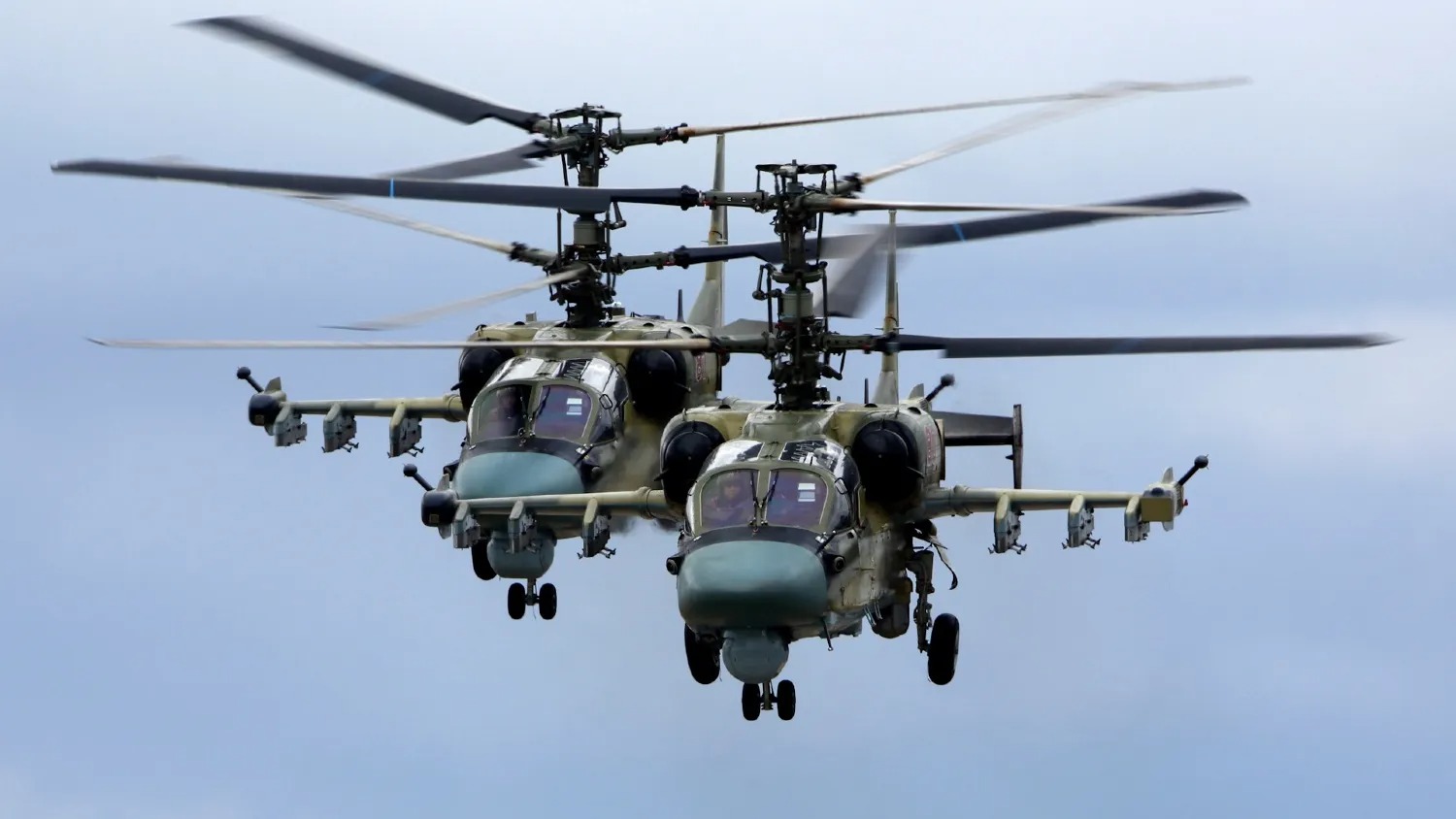A Canadian Russian woman, Kristina Puzyreva, has admitted guilt in a complex scheme with a multimillion-dollar scope, revolving around the illicit export of electronics to Russia for military applications in the ongoing conflict against Ukraine.
Puzyreva, a resident of Montreal, formally pleaded guilty to charges of money-laundering conspiracy in a federal court located in Brooklyn, New York.
The charges stem from her involvement in the transportation of components integral to unmanned aerial vehicles (UAVs) and guided missile systems.
This activity has been deemed a clear violation of export regulations and international sanctions, as outlined in statements from American prosecutors on Monday.

At 32 years old, Kristina Puzyreva has become a central figure in this case, joined by her husband, 37-year-old Nikolay Goltsev, and another accomplice, 52-year-old Salimdzhon Nasriddinov.
The trio faced charges last autumn, ranging from smuggling and conspiracy to breach sanctions, to wire fraud conspiracy. However, it is Puzyreva’s recent guilty plea that marks a significant development in the legal proceedings.
Court documents reveal that Puzyreva, Goltsev, and Nasriddinov collaborated with four undisclosed co-conspirators based in Russia.
These individuals were reported to be affiliated with major electronics companies that are actively involved in supplying crucial components to the Russian military.
The court filings highlight the elaborate nature of the scheme, which involved the illegal export of materials integral to unmanned aerial vehicles and guided missile systems. These activities raise serious concerns as they contravene both international sanctions and export laws.
While Puzyreva has admitted to her role in the illicit scheme, the legal proceedings against her co-accused, Goltsev and Nasriddinov, continue to unfold.
As the legal authorities announced on Monday, the cases against Goltsev and Nasriddinov remain active, indicating that further legal action is imminent.
The guilty plea from Kristina Puzyreva sheds light on the intricate networks involved in illegal arms trade and the circumvention of international regulations.
The charges highlight the severity of the accusations, emphasizing the significant consequences for those who engage in such illicit activities.
The collaboration with unnamed co-conspirators in Russia, particularly individuals associated with major electronics companies serving the Russian military, adds an extra layer of complexity to the case.
In light of these developments, it remains to be seen how the legal proceedings against Goltsev and Nasriddinov will unfold. The ongoing investigation and prosecution demonstrate the commitment of authorities to address transnational crimes that threaten global security and stability.
This case underscores the importance of international cooperation in combating illegal arms trade and protecting the integrity of export controls and sanctions.
As legal proceedings progress, the outcomes will likely have broader implications for addressing similar challenges in the realm of arms control and international security.


